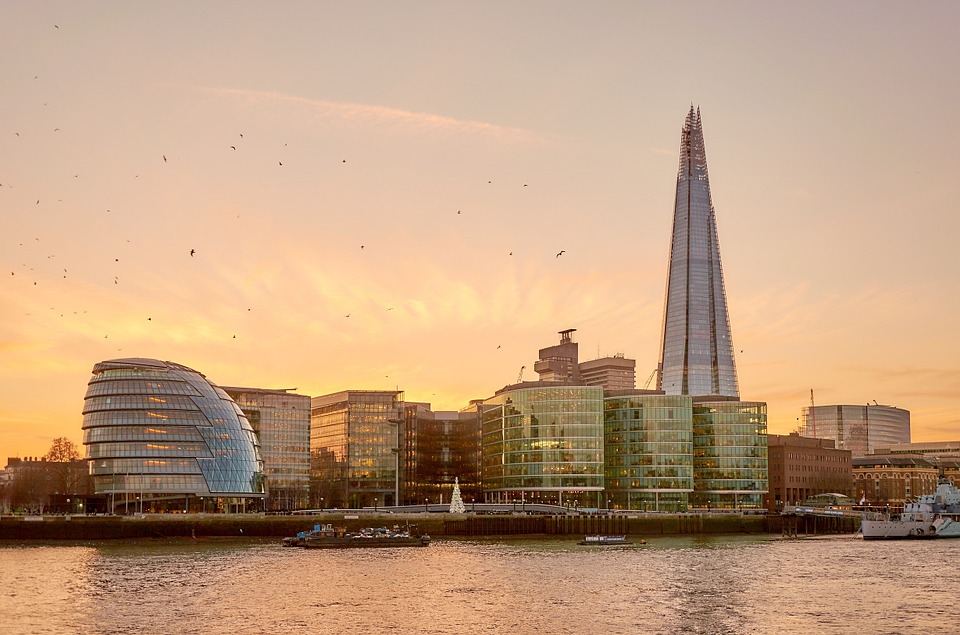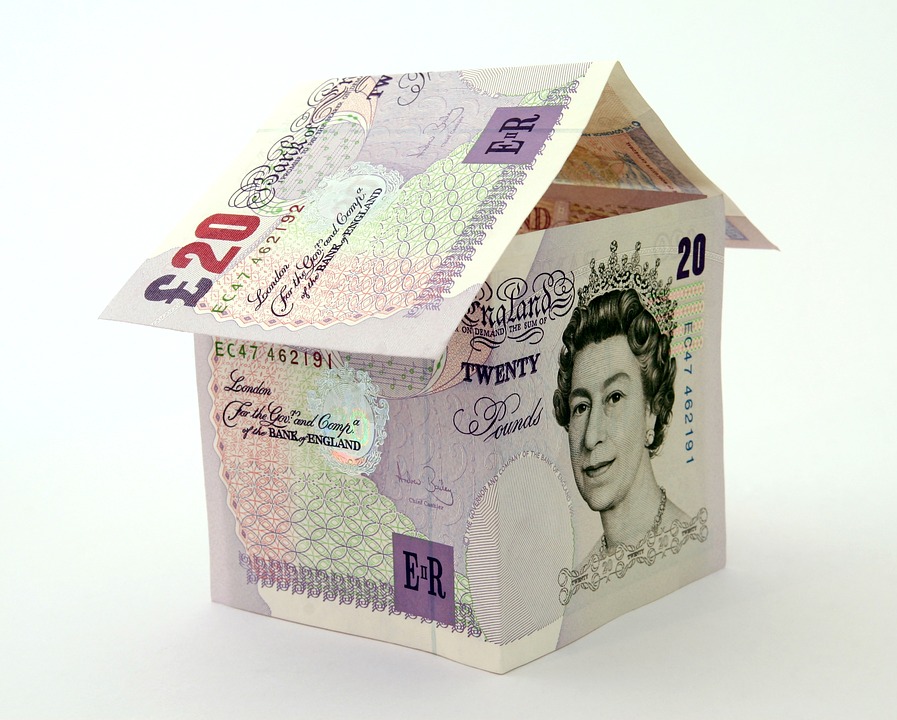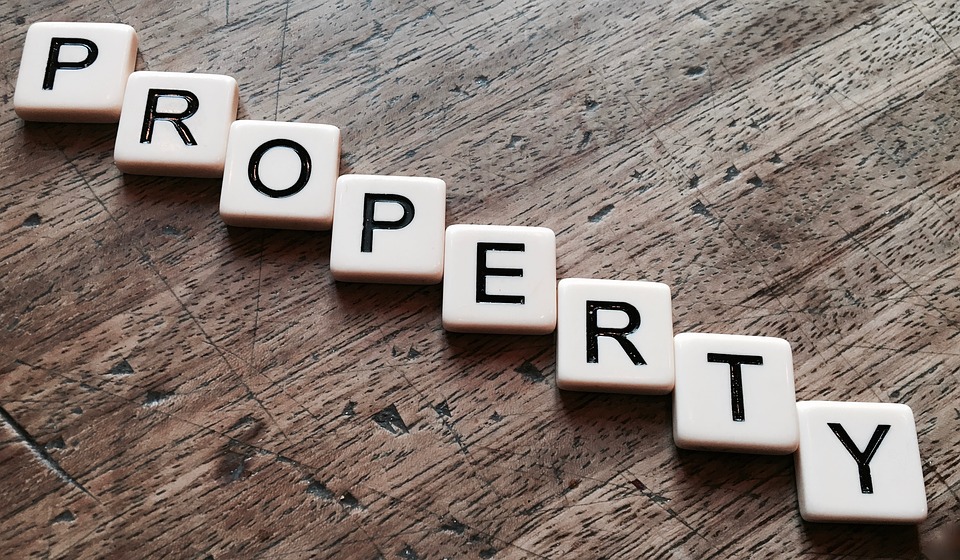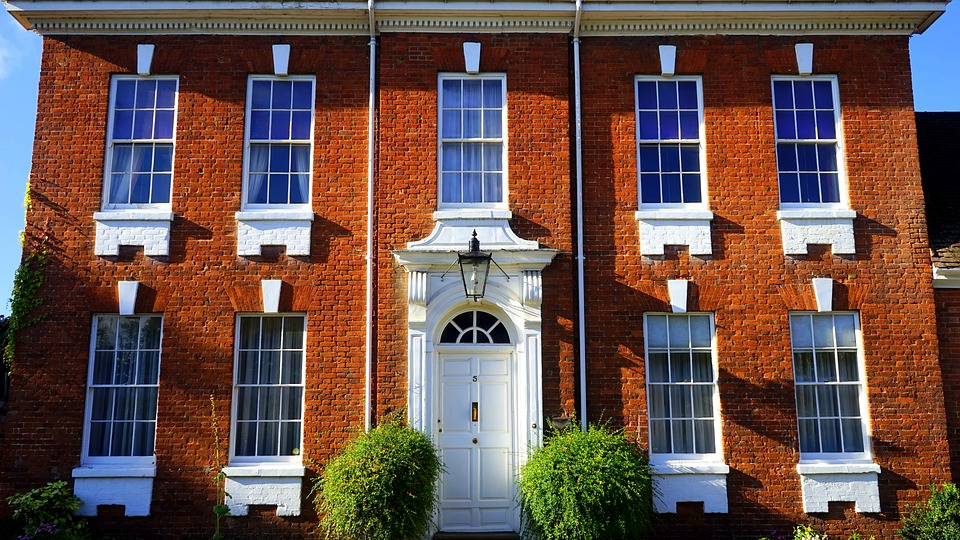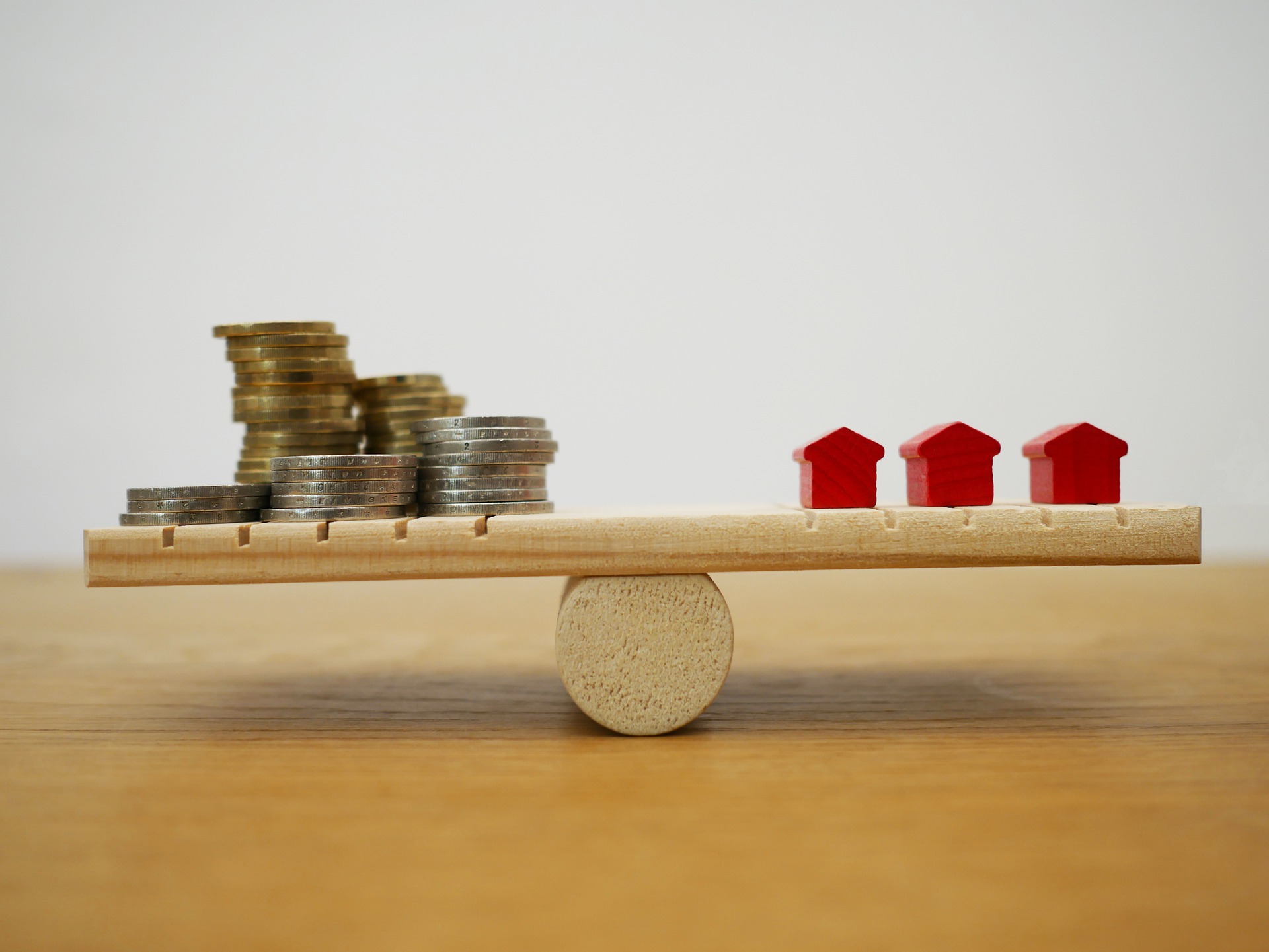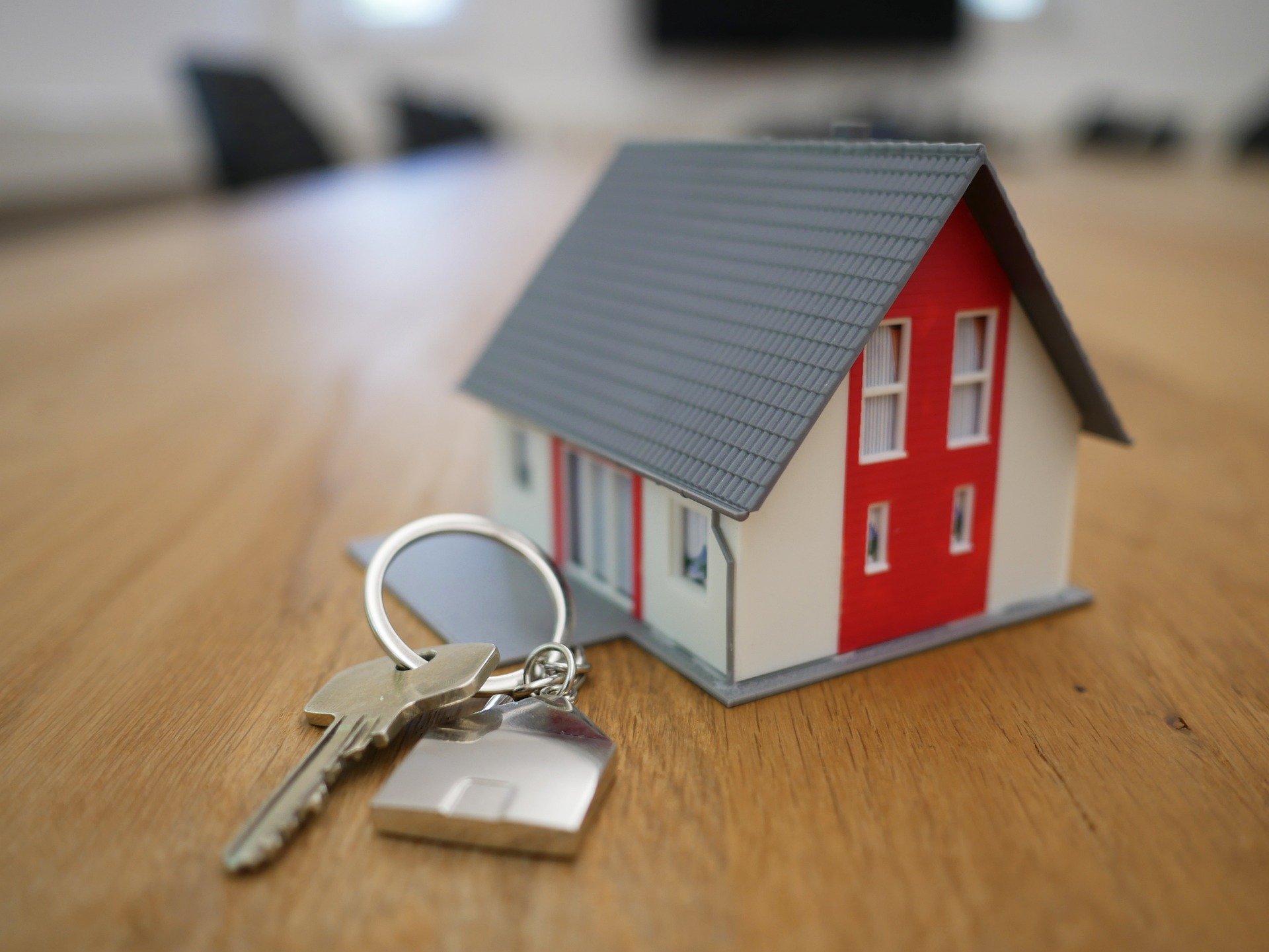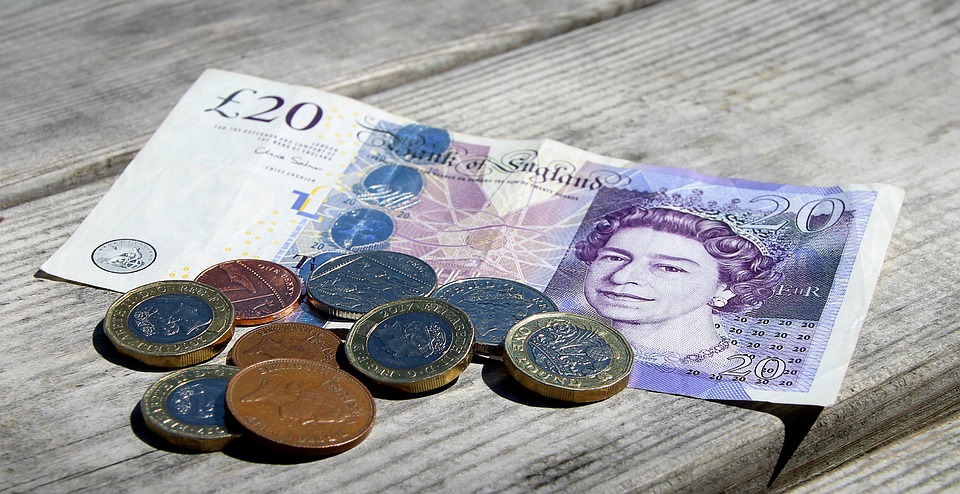Yesterday, we were talking about oil prices going negative. That’s pretty grim news for anyone producing the stuff (not so bad for consumers though).
Still, at least there’s still a market in oil. There’s one market that I know you’re all extremely interested in. But it’s impossible to get any prices for that one right now, according to one major market player.
I am, of course, talking about the wonderful UK housing market.
Will house prices crash or stagnate?
Earlier this week, online property portal Rightmove, which produces statistics on asking prices every month, said that the coronavirus lockdown has made it impossible to produce meaningful data on the subject.
And no wonder. Amid the lockdown, we’re effectively banned from selling or buying houses. So hardly any transactions are happening, and when they do, they’re likely to be atypical.
The question is: what happens after the market opens up again? I want to share some more general speculative thoughts today about what might happen next, but I’d also like to get your views, particularly if you’re actively looking to move or thinking about it. Send us an email to [email protected] with the subject line “House prices”.
Firstly, do we get a price crash? This is one I’m having trouble with. I think house prices should be lower and that property should be cheaper. I think our economy could shed a lot of its biggest problems if the basic act of finding and keeping a decent roof over our heads didn’t consume so much of our mental and financial resources.
But that’s a tricky problem to solve, so let’s park it for a moment. What happens in the immediate aftermath when we’re allowed to go out again?
Andrew Goodwin of Oxford Economics argues in The Times that “you only get a price crash when you have a combination of high interest rates and high unemployment.”
And I have to say I agree with this point. A crash really has to be driven by forced selling. Forced selling only happens when people are unable to pay their mortgages. That in turn only happens when mortgage costs spike, people lose their jobs, or both. This is what drove the crash in the early 1990s in the UK.
However, those conditions seem unlikely to recur now. Unemployment certainly is rising and some people will definitely struggle as a result. But for the time being, forbearance is being urged and the level of help from the social security system is far higher than during past crises.
And on top of that, it seems highly unlikely that interest rates will rise to a point where existing mortgages become unaffordable for large numbers of people. Quite apart from anything else, a far higher proportion of home loans are on fixed rates now. That’s before we even consider the fact that central banks are bound to repress rates for years to come.
What is potentially more of a risk is that the market freezes over because of a lack of credit availability. As Hansen Lu of Capital Economics puts it, “when the lockdown is lifted, we think credit supply will be a key determinant of whether house prices are stagnant, or whether they collapse.”
One potential issue is that the banks are going to see bad debts increasing during this crisis, regardless of how well cushioned the economy is. Commercial property loans are going to become a problem, what with companies going bust and proving unable or unwilling to pay rents. Credit cards are likely to see default rates spike too.
That might in turn make banks reluctant or unable to be as free and easy with mortgage lending as they have been in the past. In turn, that means that even ready and willing buyers will not be able to pay as much as they once might have, which means that sellers will either have to take a hit, or stay put.
So a crash might be unlikely, but in that scenario we’d get stagnation or falling prices (this wouldn’t in itself be a bad thing, but a stagnant market in terms of transactions is more of a problem – it makes labour mobility even worse than it is just now).
Are we going to see a mass migration to neglected seaside towns?
The other factor which will be very interesting to watch (and potentially more positive) is the change to commuting patterns. I am not always convinced by the idea that coronavirus will change our society radically. However, I do think that it will accelerate the trend towards working from home (among those who can).
Covid-19 has forced everyone to adapt to working from home and lots of organisations (and managers) will have realised that it is perfectly possible to do everything they were doing before without the daily commute and without everyone being in an office under the watchful eye of their line manager.
I’m not saying that we’ll dump offices altogether (though some companies will – that’s a big overhead and companies will be looking at how to cut costs long-term once this is over). But if people can work from home even two days a week, the distance they are willing to commute will rise, while their concerns about the reliability of the line will diminish.
What does that mean? Well, for now, the “location, location, location” mantra often boils down to – “what are the schools like?” and “how far is it from the nearest city centre?” If the second question becomes less of an issue, then suddenly you open up a whole load of nice but slightly down-at-heel areas.
Here in the southeast, for example, you’ll probably get an influx into coastal towns that aren’t Brighton. Live by the sea, in a house about twice the size you could get if you were a half-hour closer to London? That’s a trade-in a lot of people will be newly keen to make if they don’t have to do a daily trek to the office.
By John Stepek
Source: Money Week

